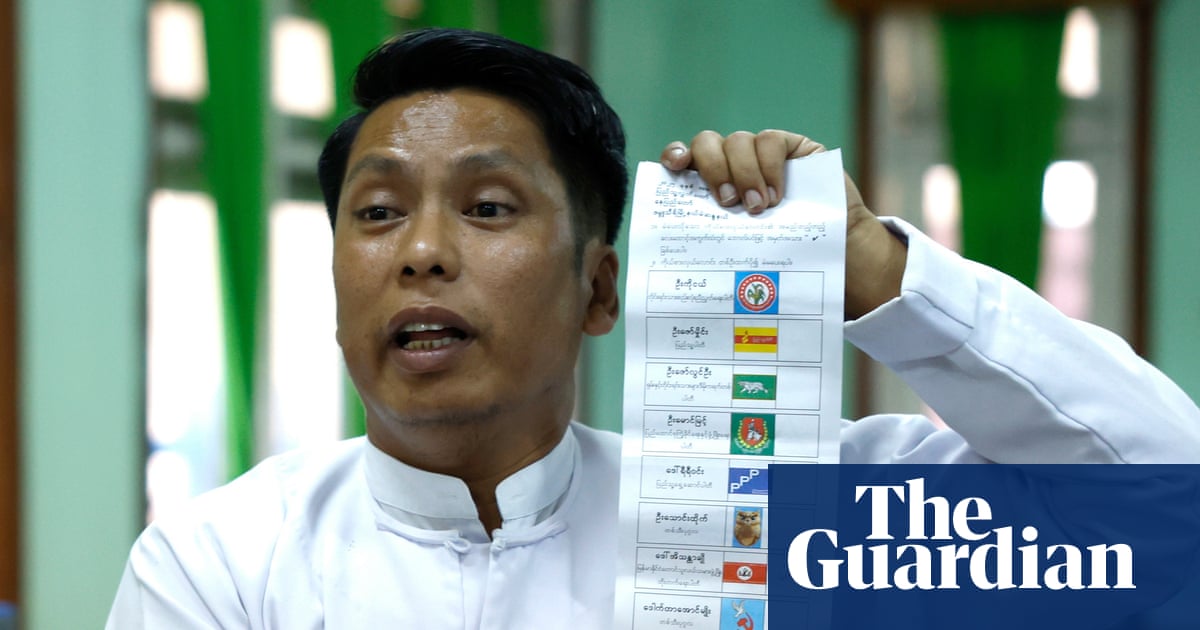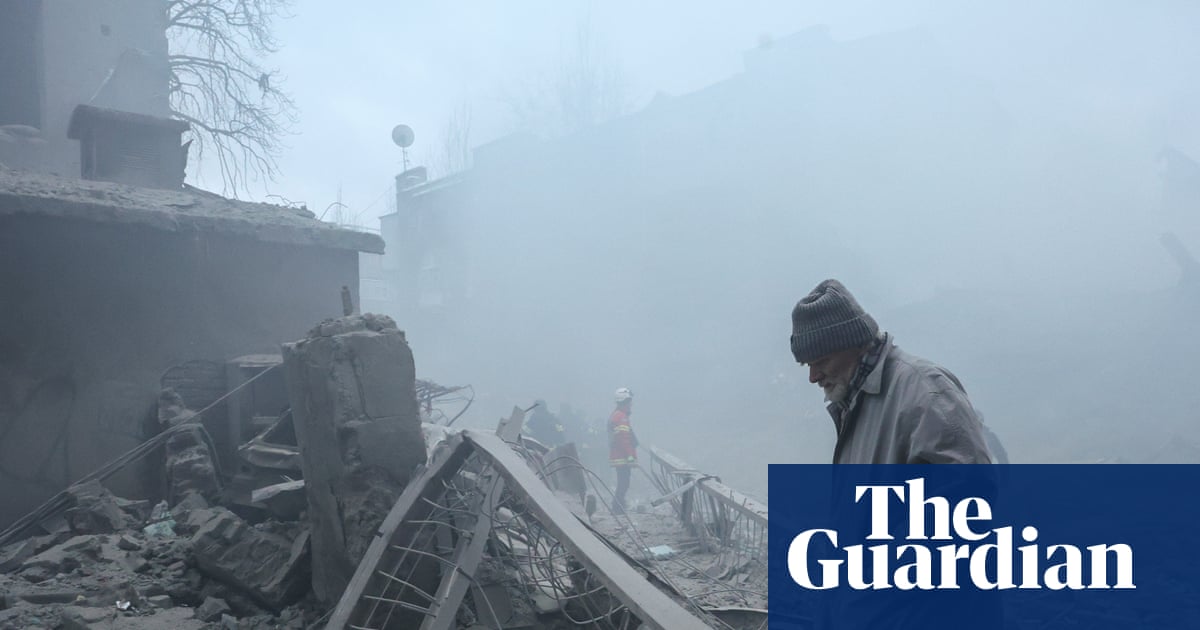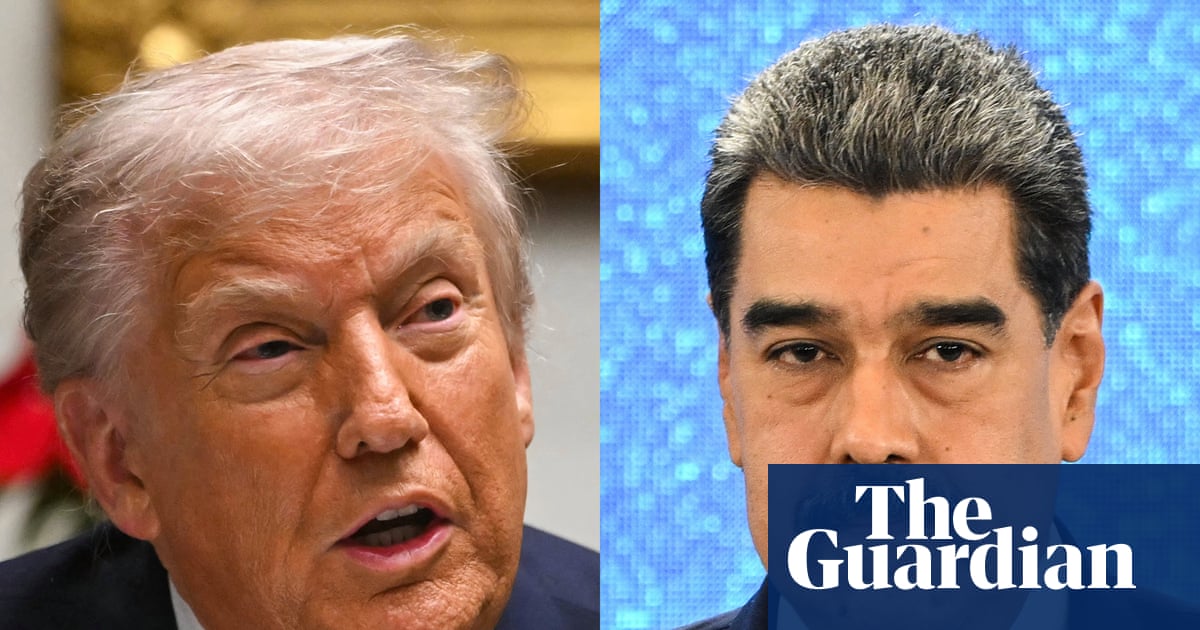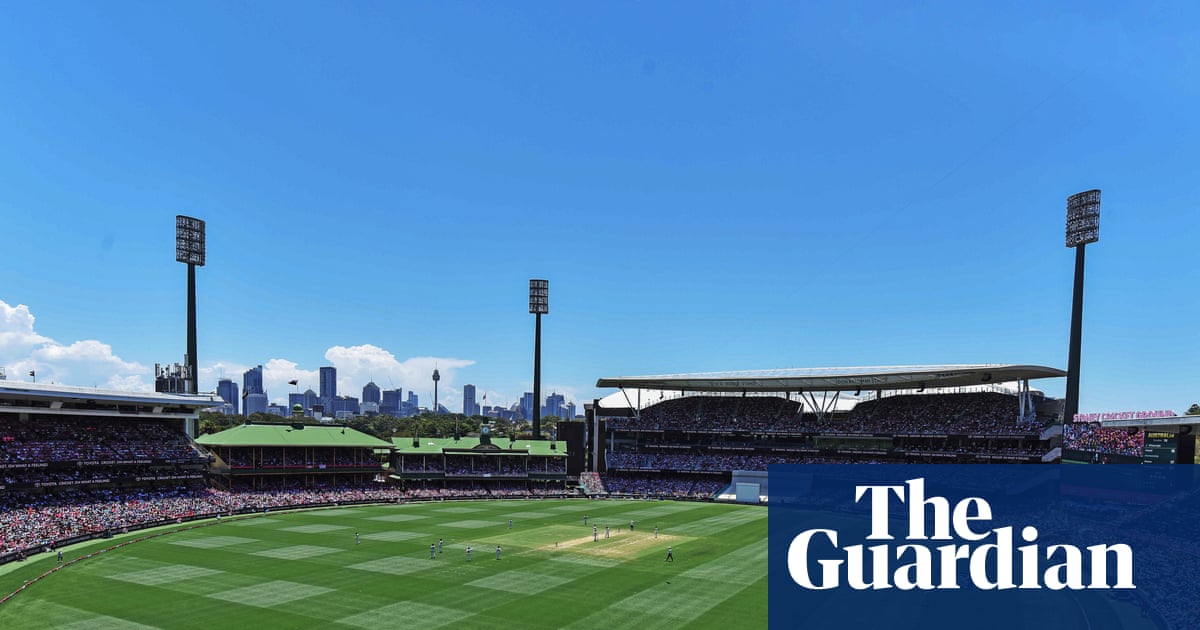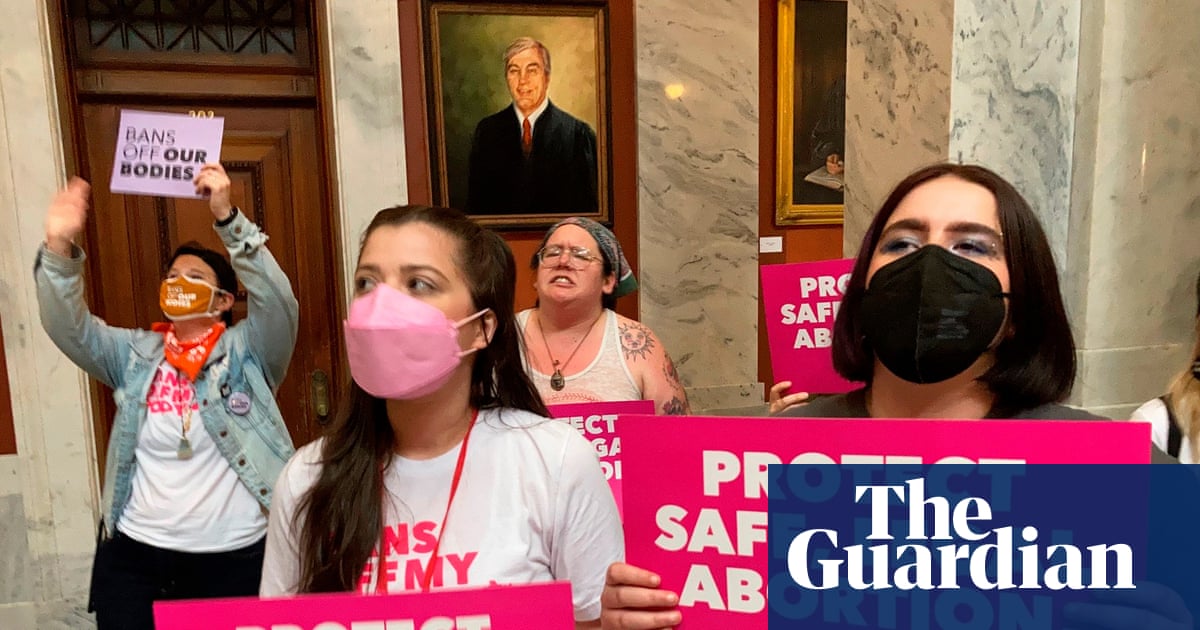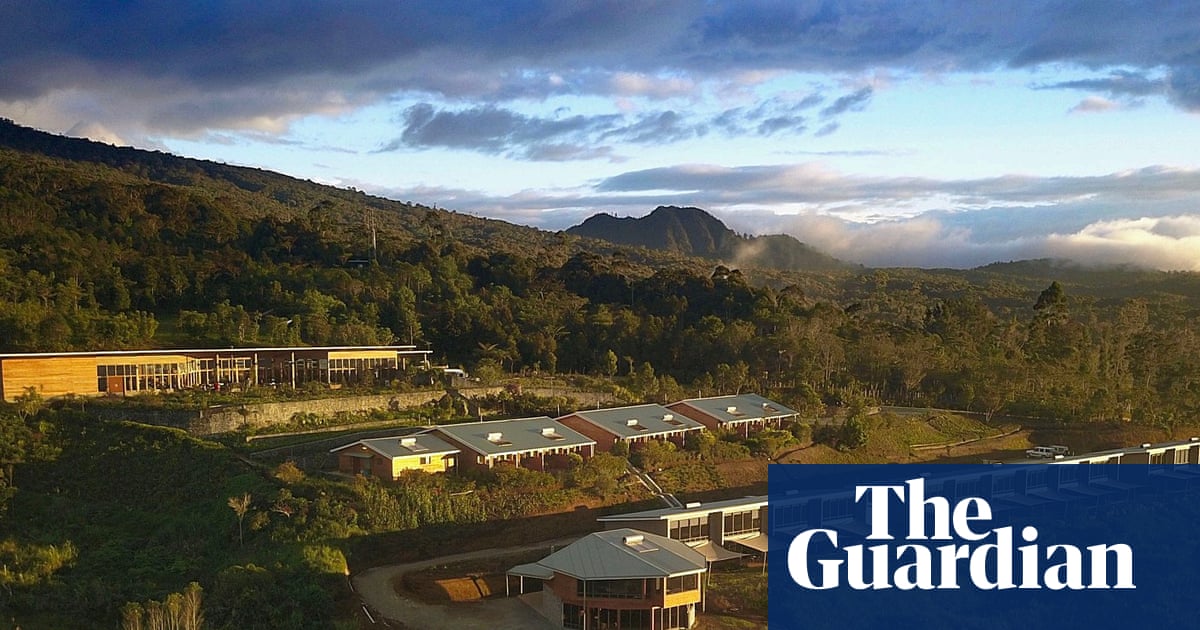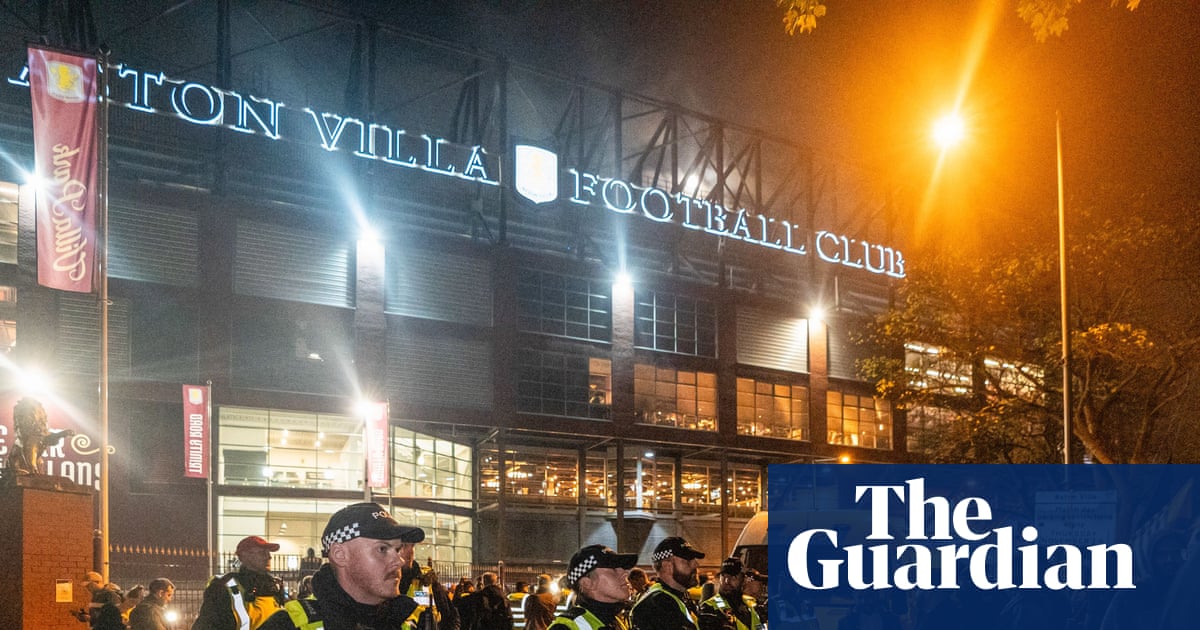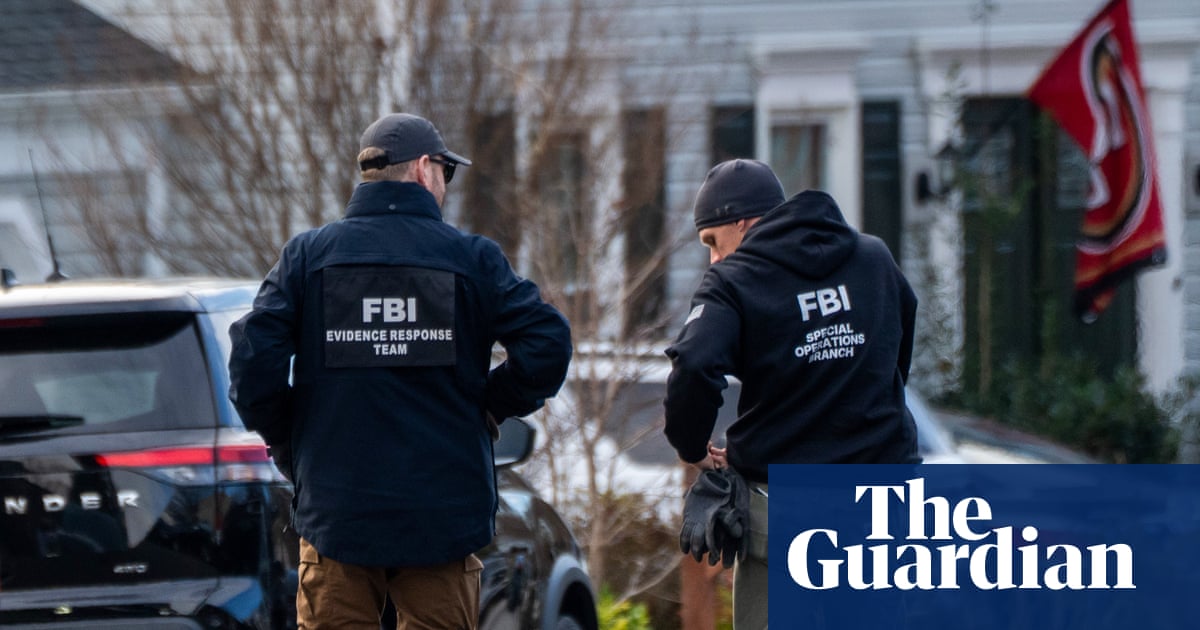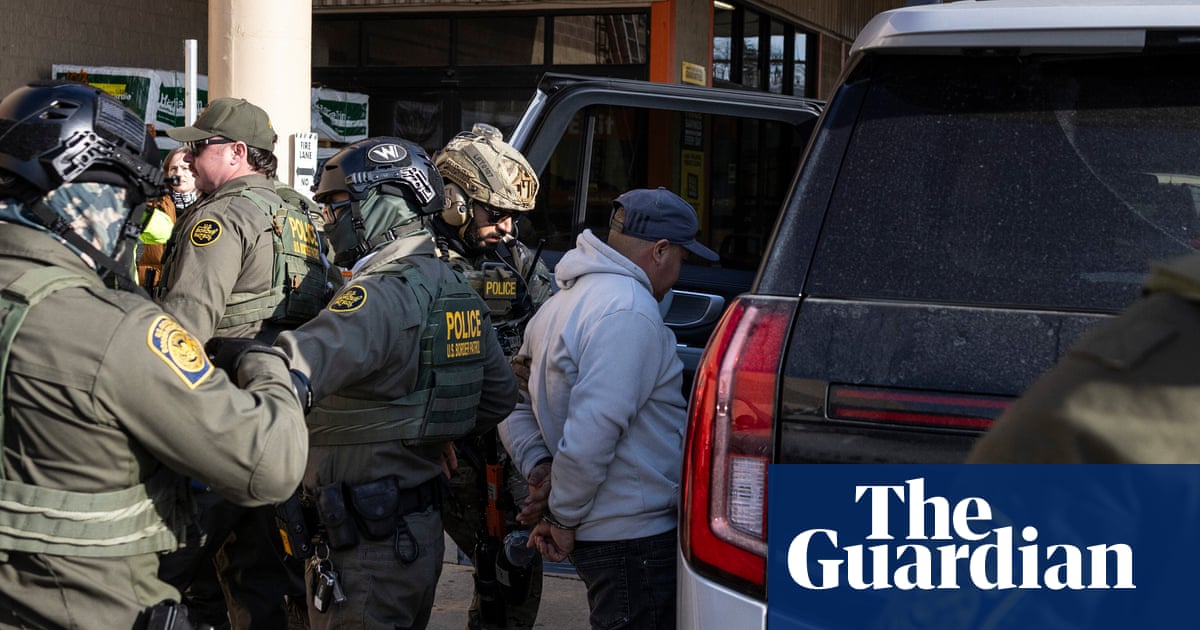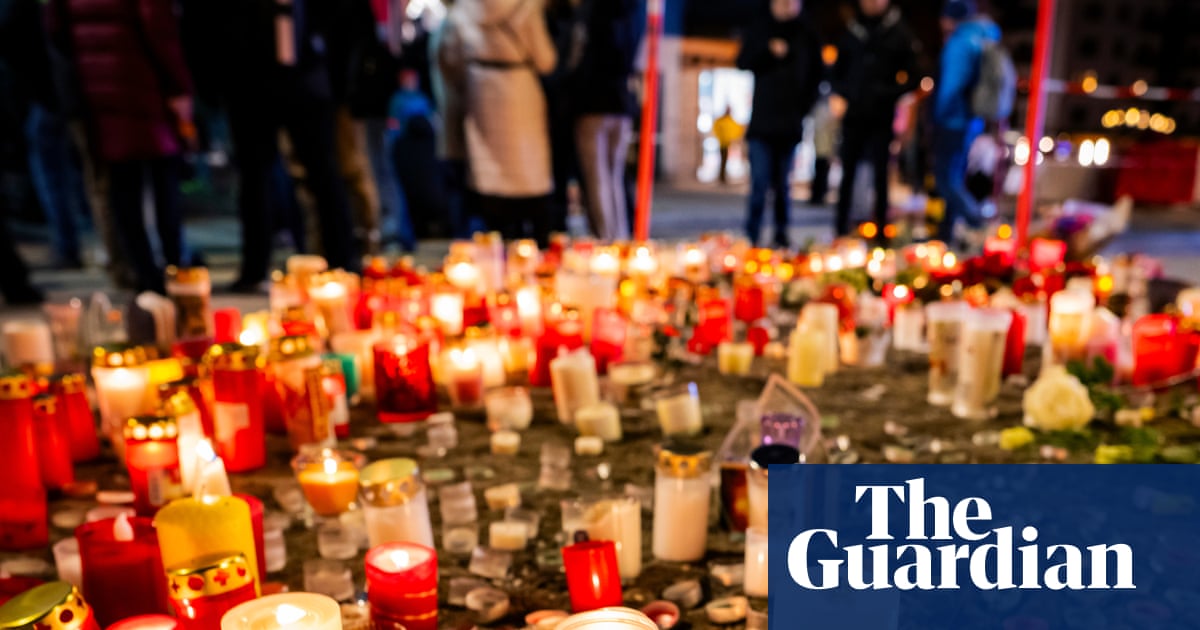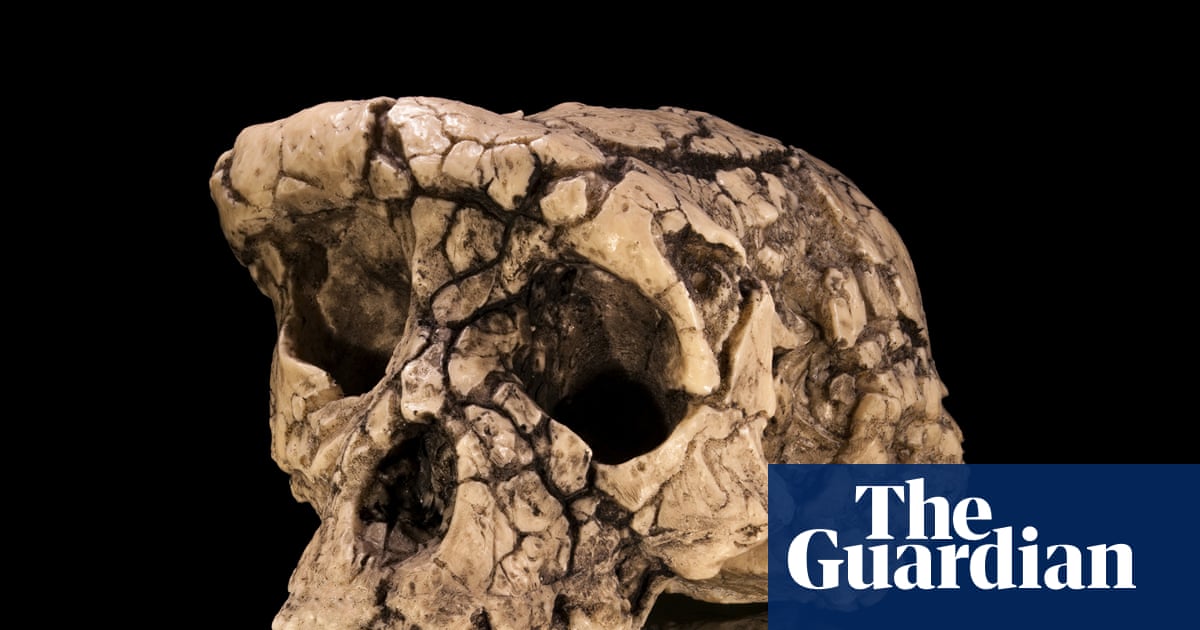Two British MPs have said they were denied entry into Israel during a parliamentary delegation to the occupied West Bank.
Labour politicians Simon Opher and Peter Prinsley were travelling as part of the group that was due to meet British diplomats in Jerusalem this week, in addition to Palestinian and Israeli human rights organisations.
Opher’s office said in a statement on Tuesday that the purpose of the visit, organised by the Council for Arab-British Understanding, was to “enable members of parliament to witness the vital medical and humanitarian work of a range of organisations including Medical Aid for Palestinians (MAP) in the occupied West Bank.”
It added: “It is deeply regrettable that Israeli authorities prevented them from seeing first-hand the grave challenges facing medical facilities in the region and from hearing the British government’s assessment of the situation on the ground.”
Opher, the MP for Stroud and chair of the all-party parliamentary group for health, has returned to the UK from Jordan. Prior to his election to parliament, he was a full time GP in Dursley. Prinsley, the MP for Bury St Edmunds and Stowmarket, has been an NHS surgeon in East Anglia for 30 years.
In April, two Labour MPs said they were also denied entry into Israel and deported back to the UK. Yuan Yang and Abtisam Mohamed were rejected because they were suspected of plans to “document the activities of security forces and spread anti-Israel hatred”, according to the Israeli immigration ministry.
The decision was criticised at the time by David Lammy, then foreign secretary, who said: “It is unacceptable, counterproductive, and deeply concerning that two British MPs on a parliamentary delegation to Israel have been detained and refused entry by the Israeli authorities.”
Yang, who represents Earley and Woodley in Berkshire, and Mohamed, the MP for Sheffield Central, said in a joint statement: “We’re astounded at the unprecedented step taken by the Israeli authorities to refuse British MPs entry on our trip to visit the occupied West Bank. It is vital that parliamentarians are able to witness first hand the situation in the occupied Palestinian territory.
“We are two out of scores of MPs who have spoken out in parliament in recent months on the Israel-Palestine conflict and the importance of complying with international humanitarian law. Parliamentarians should feel free to speak truthfully in the House of Commons without fear of being targeted.
“We had come on an MPs’ delegation to visit humanitarian aid projects and communities in the West Bank with UK charity partners who have over a decade of experience in taking parliamentary delegations.”
On Tuesday, Israel unleashed its ground offensive in Gaza City, sending tanks and remote-controlled armoured cars packed with explosives into its streets, in defiance of international criticism and the findings of a UN commission that it was committing genocide in the Palestinian territory.
“Gaza is burning. The IDF is striking terror infrastructure with an iron fist,” Israel’s defence minister, Israel Katz, wrote on X. He added: “We will not relent until the mission is completed.”
The country’s prime minister, Benjamin Netanyahu, said the goals of the offensive were “defeating the enemy and evacuating the population”, omitting any mention of the freeing of the remaining hostages.
Hostage families and their supporters protested near Netanyahu’s Jerusalem residence, accusing him of abandoning their loved ones.

 3 months ago
107
3 months ago
107
